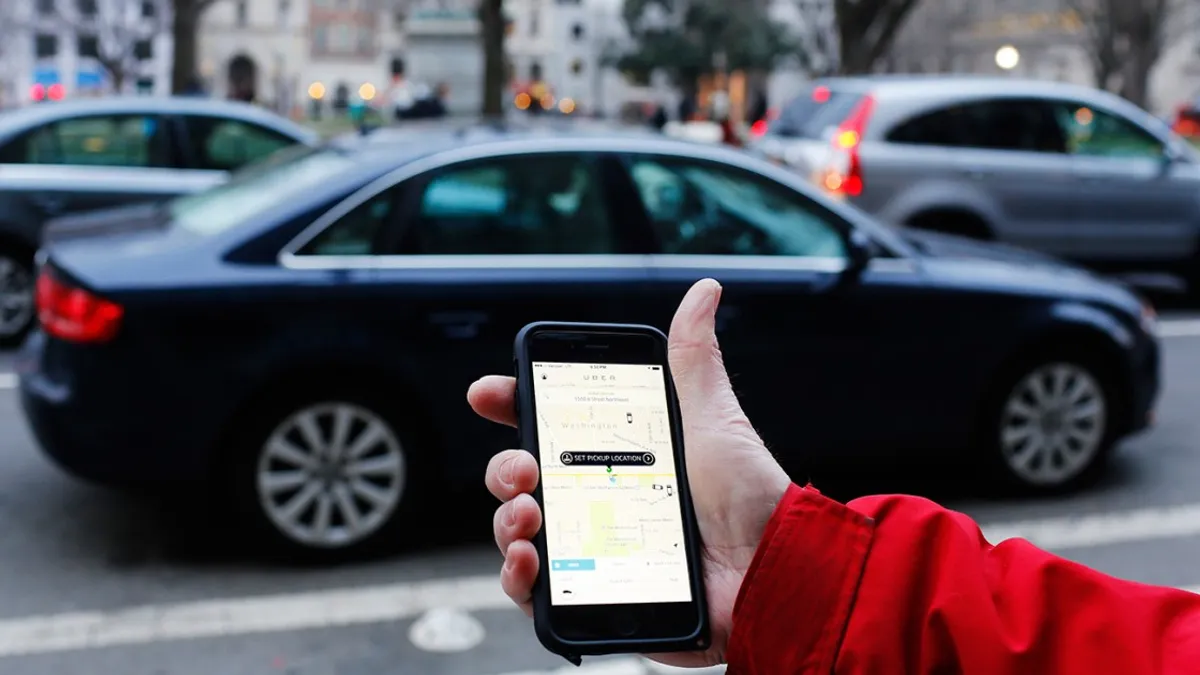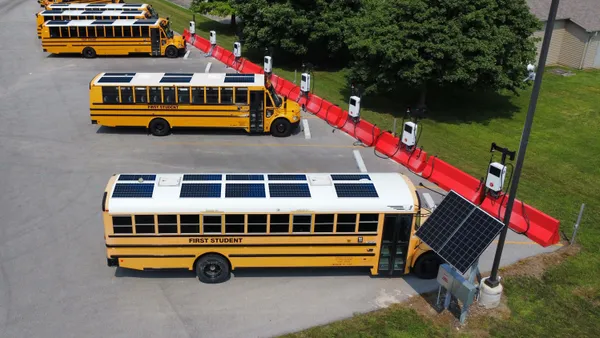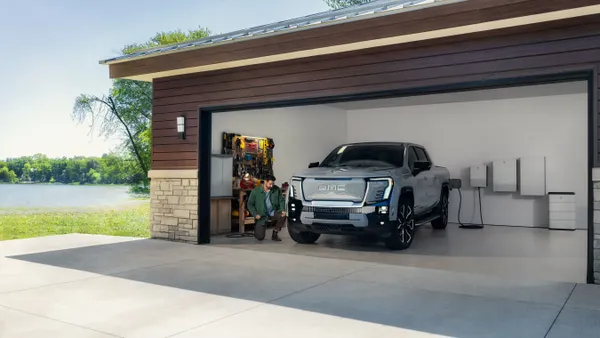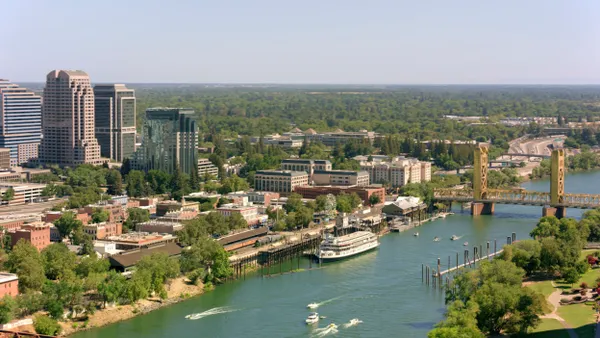Dive Brief:
- San Francisco City Attorney Dennis Herrera filed a lawsuit against the state of California to invalidate certain ride-sharing business protections included in a law signed last year. The law exempts ride-sharing service drivers, such as those for Uber and Lyft, from having to obtain a business license in every city in which they operate, allowing them to just obtain one license from the city in which they live.
- Herrera said most ride-share drivers who operate within San Francisco's city limits live elsewhere and the law prevents the city from registering those businesses and collecting related licensing fees.
- "Uber and Lyft need to play by the same rules as every other business in San Francisco," Herrera said in a statement. "Nearly everyone, from a professional dog walker to Google, has to register their business. Uber and Lyft’s attempt to carve out a special exemption for their drivers is not fair to consumers, competitors or taxpayers. Out-of-town drivers are choking our streets as their corporate overseers design ways to stiff City taxpayers when it comes to congestion, road repair and traffic safety costs."
Dive Insight:
This lawsuit presents similar municipal concerns as the opposition surrounding proposed Florida legislation that would allow the state to take control of bike-share business oversight. The Florida legislation, if passed, also would disallow each jurisdiction from requiring local business licenses for bike-sharing companies. In both states' cases, there are concerns about municipalities being stripped of their local control while a state mandates how businesses will operate in individual cities.
Herrera's statement claims that on typical weekdays, ride-sharing services account for nearly 20% of the total vehicle miles traveled within the city, and that they're primarily concentrated in the densest and most congested areas of San Francisco. He says this greatly impacts the city's infrastructure and has increased road maintenance, enforcement and environmental costs. Plus, he notes costs to others' mobility and safety from ride-sharing drivers frequently stopping in the middle of roadways or bike and transit lanes to pick up or drop off customers. Allowing business registrations would recover some of these costs.
Ride-share companies and lobbyists claim that requiring drivers to carry a business license for each municipality in which they operate would be prohibitively expensive and cause a loss of drivers. Herrera says San Francisco and San Jose are the only Northern California cities requiring ride-share drivers to pay a registration tax, so it's not a great burden. However, other cities might adopt the licensing model if the state law is repealed or amended, and eventually it might indeed create a heavy financial burden on drivers.
Privacy is another problem San Francisco has faced with licensing ride-share drivers. Uber fought the city on business licensing when drivers' personal and private information — including their home addresses — that they submitted with their registrations appeared on the city's public website. Herrera countered by saying drivers can set up a P.O. box instead of listing their personal information.
Ride-share oversight in cities is getting more attention now as the services are becoming prevalent across America. Some cities have cracked down on the services while others are taking a wait-and-see approach. Some municipalities also have taken heat for heavily regulating taxi services but not ride-share businesses. If San Francisco prompts action with its lawsuit, it could be an example and prompt cities throughout the state — and eventually the country — to follow suit with greater restrictions, regulations and fees on ride-sharing.











